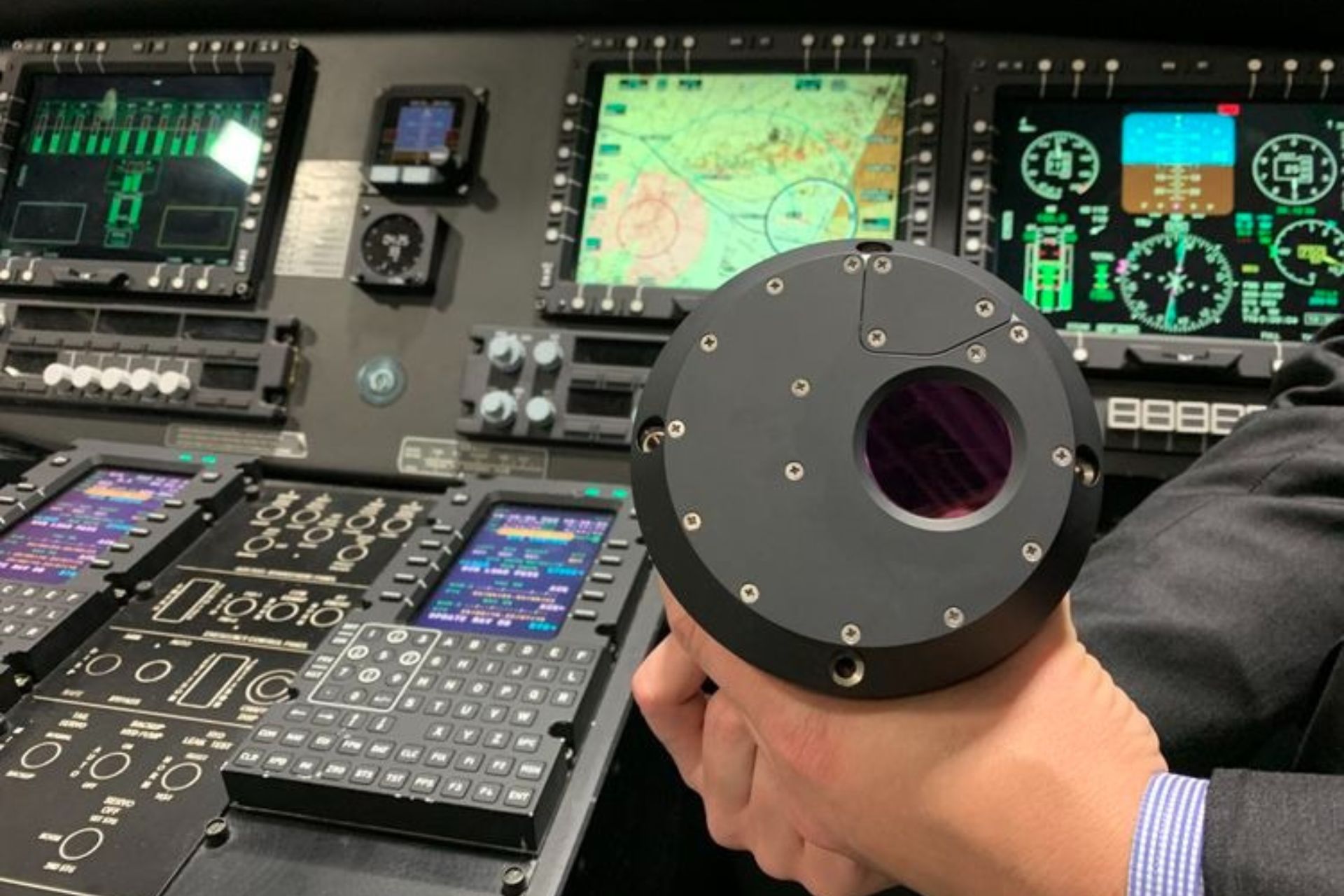Northrop Grumman Unveils ATHENA for US Army’s Improved Threat Detection System

{loadposition bannertop}
{loadposition sidebarpub}
Northrop Grumman has introduced its solution for the U.S. Army’s Improved Threat Detection System (ITDS) program, showcasing the Advanced Tactical Hostile Engagement Awareness (ATHENA) sensor. The ITDS program is part of the Army’s broader initiative to enhance threat detection capabilities for its aviation units, ensuring better protection against emerging threats.Follow Army Recognition on Google News at this link
Northrop Grumman’s Improved Threat Detection System, featuring the ATHENA sensor, will deliver enhanced threat warning capabilities to elevate aircraft survivability and protect warfighters (Picture source: Northrop Grumman)
The ATHENA sensor provides continuous 360-degree surveillance and can detect a wide range of threats, including infrared-guided missiles, hostile fire, and anti-tank missiles. Its advanced technology includes high-resolution video and wide-band threat detection, enabling it to quickly geolocate incoming threats. This gives users crucial extra time to react and increases the survivability of personnel and equipment.
Northrop Grumman’s ATHENA sensor stands out for its improved resolution and processing power, which allow for more precise and faster threat detection. The onboard processing system generates actionable information while preserving computing resources for other critical mission functions. Additionally, the system’s software can be easily updated to adapt to evolving mission requirements, making it more effective in dynamic combat environments.
The ITDS competition has attracted major defense contractors, with Northrop Grumman and Lockheed Martin selected for Phase 1 of the program. This phase will involve technology demonstrations, sensor testing, digital simulations, and flight tests to ensure that the proposed solutions meet the Army’s stringent requirements for advanced threat detection.
This initiative is timely as the U.S. Army continues to develop its aviation capabilities, including the future long-range assault aircraft, which will play a crucial role in potential conflicts, especially in the Indo-Pacific region. The ATHENA system, with its ability to detect a wide range of threats, will be a key component of the Army’s efforts to maintain superiority in increasingly contested environments.

{loadposition bannertop}
{loadposition sidebarpub}
Northrop Grumman has introduced its solution for the U.S. Army’s Improved Threat Detection System (ITDS) program, showcasing the Advanced Tactical Hostile Engagement Awareness (ATHENA) sensor. The ITDS program is part of the Army’s broader initiative to enhance threat detection capabilities for its aviation units, ensuring better protection against emerging threats.
Follow Army Recognition on Google News at this link
Northrop Grumman’s Improved Threat Detection System, featuring the ATHENA sensor, will deliver enhanced threat warning capabilities to elevate aircraft survivability and protect warfighters (Picture source: Northrop Grumman)
The ATHENA sensor provides continuous 360-degree surveillance and can detect a wide range of threats, including infrared-guided missiles, hostile fire, and anti-tank missiles. Its advanced technology includes high-resolution video and wide-band threat detection, enabling it to quickly geolocate incoming threats. This gives users crucial extra time to react and increases the survivability of personnel and equipment.
Northrop Grumman’s ATHENA sensor stands out for its improved resolution and processing power, which allow for more precise and faster threat detection. The onboard processing system generates actionable information while preserving computing resources for other critical mission functions. Additionally, the system’s software can be easily updated to adapt to evolving mission requirements, making it more effective in dynamic combat environments.
The ITDS competition has attracted major defense contractors, with Northrop Grumman and Lockheed Martin selected for Phase 1 of the program. This phase will involve technology demonstrations, sensor testing, digital simulations, and flight tests to ensure that the proposed solutions meet the Army’s stringent requirements for advanced threat detection.
This initiative is timely as the U.S. Army continues to develop its aviation capabilities, including the future long-range assault aircraft, which will play a crucial role in potential conflicts, especially in the Indo-Pacific region. The ATHENA system, with its ability to detect a wide range of threats, will be a key component of the Army’s efforts to maintain superiority in increasingly contested environments.




